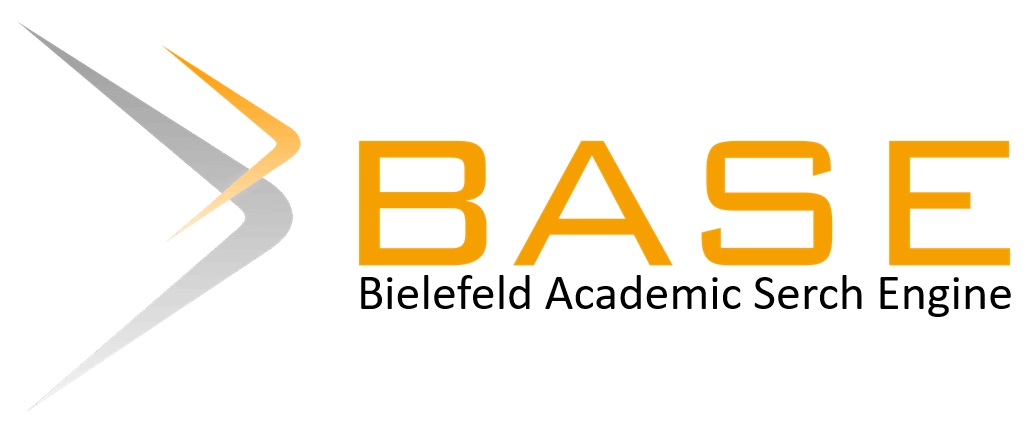STRUKTUR KEPRIBADIAN MANUSIA DALAM PSIKOANALISIS SIGMUND FREUD: PERSPEKTIF FILSAFAT PENDIDIKAN ISLAM
DOI:
https://doi.org/10.35316/edupedia.v8i1.2787Keywords:
Psychoanalysis, Human Personality, Islamic EducationAbstract
This article aims to describe the structure of human personality according to Freud's psychoanalysis and how the perspective of Islamic educational philosophy regarding this concept. Descriptive-deductive approach based on the literature review was used to get all data. The results show that Freud's theory of personality underwent two stages of theoretical development; 1) the levels of human personality that were formulated before the 1920 (consciousness, pre-consciousness, unconsciousness) and 2) the structure of human personality which was formulated in 1923 (Id, Ego, Superego) to refine the previous theory. Freud's thought in line with the Islamic educational theory where human life in early childhood and its growing environment are important factors in personality formation. In Islamic education, the formation of the personality of students is centered on the internalization of good morals through purification of the soul (tazkiyah al-nafs) to achieve a personality that is in harmony with the concept of a perfect human being (insan kamil).
Downloads
Published
How to Cite
Issue
Section
License
Edupedia: Jurnal Studi Pendidikan dan Pedagogi Islam adopts the Creative Commons Attribution–ShareAlike 4.0 International License, which allows users to reproduce, modify, and distribute published articles in any medium for lawful purposes, provided that appropriate attribution is given to the original author(s) and the journal, the license is properly cited, any changes are clearly indicated, and derivative works are distributed under identical licensing terms.
Upon publication in Jurnal Kesehatan Vokasional, authors confer to third parties the rights to use their articles in compliance with the Creative Commons Attribution–ShareAlike 4.0 International License.
Copyright on articles is retained by the respective author(s), without restrictions. A non-exclusive license is granted to Edupedia: Jurnal Studi Pendidikan dan Pedagogi Islam to publish the article and identify itself as its original publisher, along with the commercial right to include the article in a hardcopy issue for sale to libraries and individuals.
![]()















